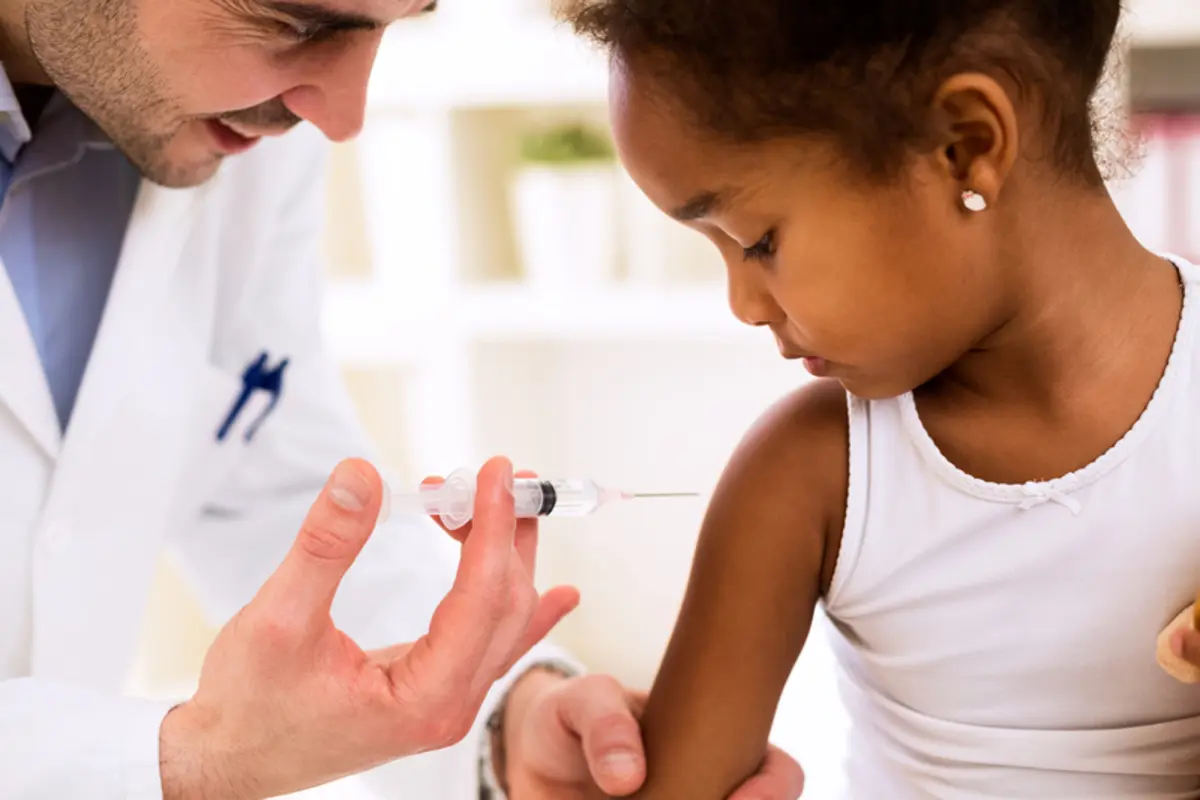Pakistan will begin a focused five-day polio vaccination campaign on July 14, aiming to immunize more than 158,000 children in high-risk areas of Gilgit-Baltistan and Khyber Pakhtunkhwa (KP), health authorities announced on Wednesday.
The drive will specifically target the Diamer district in Gilgit-Baltistan and the Upper Kohistan, Lower Kohistan, and Kolai-Palas districts in KP, according to the National Emergency Operations Center (NEOC), which oversees the country’s polio eradication efforts.
“Special focus and effective strategies are being applied in high-risk union councils,” said the NEOC, pointing to persistent challenges in access and vaccine hesitancy in these areas.
Campaign Details:
- Dates: July 14–18
- Target Population: Over 158,000 children
- Focus Areas: High-risk union councils with a history of poor vaccine coverage and limited access
Polio, a highly contagious viral disease, primarily affects young children and can lead to irreversible paralysis. Although there is no cure, it can be prevented through multiple doses of the oral polio vaccine (OPV) and a complete routine immunization schedule.
Rising Concerns Over New Polio Cases
Pakistan is one of only two countries in the world where polio remains endemic, the other being Afghanistan. While the country has made remarkable progress since the 1990s—when annual cases were estimated at 20,000—a troubling resurgence has recently emerged.
As of July 2025, Pakistan has reported 14 polio cases:
- Khyber Pakhtunkhwa: 8 cases
- Sindh: 4 cases
- Punjab: 1 case
- Gilgit-Baltistan: 1 case
By comparison, Pakistan recorded 74 cases in 2024, up sharply from just six in 2023 and one in 2021, raising alarm among health officials and global partners supporting the eradication campaign.
Recent and Upcoming Efforts
- In June, a targeted campaign vaccinated around 17,500 children in six union councils of KP’s Bannu district.
- Another campaign is planned for 11 union councils in North Waziristan, a district historically linked to polio transmission.
- Nationwide campaigns were conducted in February, April, and May 2025, reaching around 45 million children with the help of over 400,000 frontline workers, including 225,000 women vaccinators.
Challenges Persist
Despite decades of effort since the launch of the national polio eradication program in 1994, Pakistan continues to face misinformation, vaccine resistance, and security threats:
- Some religious clerics and militant groups falsely claim polio vaccines are part of a Western plot to sterilize Muslim children or tools of espionage.
- Vaccination teams and their police escorts have often come under attack in Khyber Pakhtunkhwa and Balochistan, forcing temporary suspension of campaigns in conflict-hit areas.
Health authorities remain committed to eliminating the disease, but the path ahead depends on community trust, security, and consistent outreach to remote populations.



